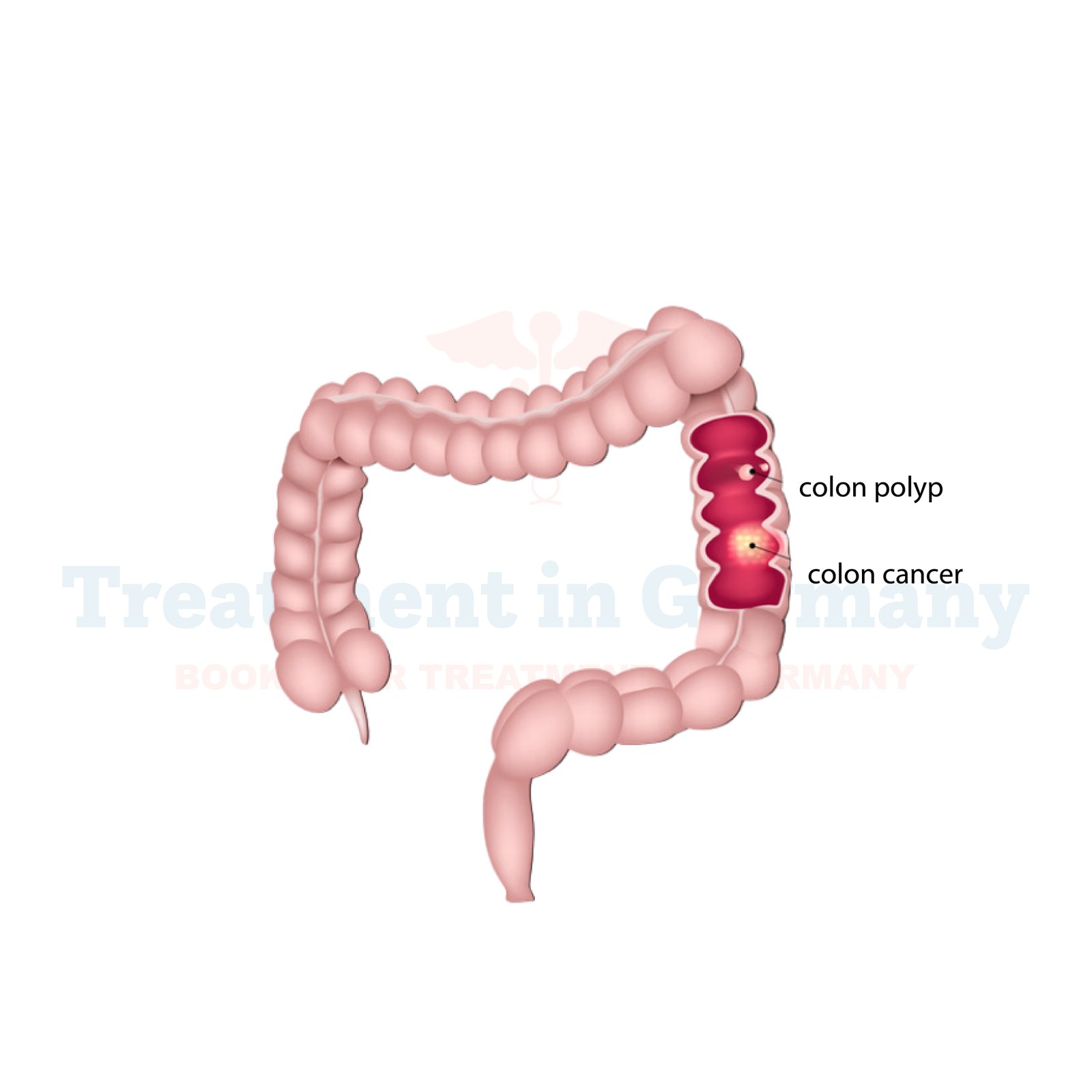What is Familial Adenomatous Polyposis?
Familial Adenomatous Polyposis (FAP) is a rare genetic disorder characterized by the development of numerous polyps in the lining of the colon and rectum, typically starting in adolescence or early adulthood.
These polyps are benign growths, but they have a high risk of becoming malignant over time if left untreated.
FAP is inherited in an autosomal dominant pattern, meaning that a single copy of the altered gene from either parent is sufficient to cause the disorder. The primary gene involved in FAP is the APC (Adenomatous Polyposis Coli) gene.
Side Effects of Familial Adenomatous Polyposis
Without appropriate treatment, FAP can lead to a range of serious health issues:
- Colon Cancer: The most significant risk is the transformation of polyps into colorectal cancer, which can occur if the polyps are not removed in a timely manner.
- Gastrointestinal Symptoms: Patients may experience abdominal pain, rectal bleeding, and changes in bowel habits due to the large number of polyps.
- Extra-Colonic Manifestations: Some individuals with FAP may also develop non-colonic tumors, such as those in the small intestine (duodenal adenomas), liver, and thyroid. Other conditions like desmoid tumors and skin manifestations (epidermoid cysts) may also occur.
- Psychological Impact: The chronic nature of the disease and the need for regular surveillance and intervention can have a significant emotional and psychological impact on patients and their families.
How is Familial Adenomatous Polyposis Diagnosed?
Diagnosing Familial Adenomatous Polyposis involves a combination of genetic testing and clinical evaluations:
- Family History: A detailed family history is crucial. If multiple family members have had colorectal cancer or numerous polyps, FAP might be suspected.
- Genetic Testing: Genetic testing can confirm a diagnosis by identifying mutations in the APC gene. This test is typically offered if there is a strong family history or if polyps are found during routine screening.
- Colonoscopic Examination: A colonoscopy allows for direct visualization of the polyps in the colon and rectum. In patients with FAP, the number and appearance of polyps help in confirming the diagnosis.
- Imaging and Endoscopy: Additional tests like upper endoscopy (to check for polyps in the duodenum) and imaging studies may be used to assess the presence of extra-colonic manifestations.
Potential Treatment of Familial Adenomatous Polyposis
Treatment for Familial Adenomatous Polyposis focuses on managing polyps and preventing colorectal cancer:
- Surgical Intervention: The most effective treatment is prophylactic colectomy, where the colon is removed before cancer develops. Various surgical options are available, including total colectomy with ileorectal anastomosis or ileal pouch-anal anastomosis, depending on the individual case.
- Regular Surveillance: For patients who are not candidates for immediate surgery, regular colonoscopic surveillance is essential to monitor polyp development and progression.
- Medication: While there is no medication to cure FAP, certain drugs like nonsteroidal anti-inflammatory drugs (NSAIDs) and selective COX-2 inhibitors may help reduce polyp formation.
- Genetic Counseling: Genetic counseling is recommended for patients and their families to understand the implications of the disease, potential risks, and the benefits of genetic testing for at-risk family members.
👉 Contact us for further information and receive a complimentary consultation.


.webp)
 (1).webp)

.webp)
 (1).webp)


.webp)
 (1).webp)

.webp)
 (1).webp)
